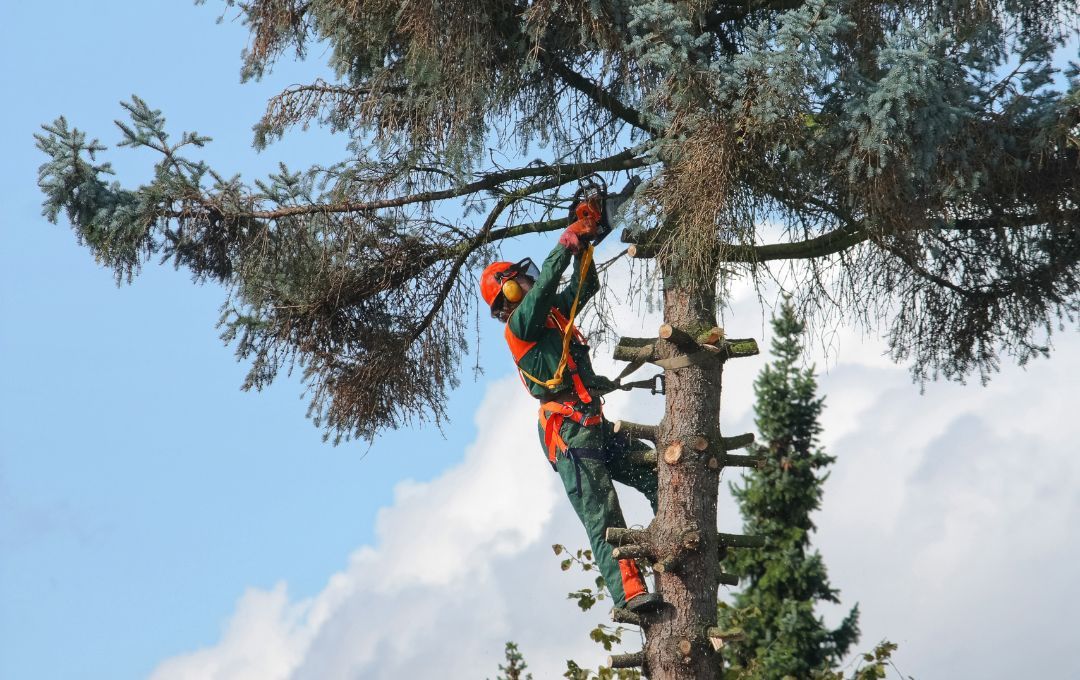
Tree restocking notices – what landowners and developers needs to know

There are various requirements on land owners and developers to comply with in relation to the felling of trees. Jessica Woodman, trainee solicitor in our property litigation team looks at the requirements of the Forestry Act 1967 in relation to the felling of trees.
Pursuant to section 17 (1) (b) of the Forestry Act 1967, anyone who fells a tree without the authority of a felling licence and/or without one or more of exemptions applying, is liable on summary conviction to a fine.
The felling of trees is a legally controlled activity, regulated by The Forestry Commission. The Forestry Commission is responsible for the regulation of tree felling, licence applications and enforcement action in respect of the illegal felling of trees.
The law
Pursuant to Section 9 (1) of the Forestry Act 1967, a felling licence is required for the felling of growing trees.
There are number of exemptions, whereby a felling licence is not required. For example, in any calendar quarter you may fell up to 5 cubic metres (m3) of growing trees on your property without a felling licence, as long as no more than 2m3 are sold. The Act, alongside other related regulations give details of the exemptions.
If you consider that your plans may fall into one of the exemptions, you should contact your local Forestry Commission area office before felling the trees to confirm the position before undertaking the works.
It is also important to consider whether you need permission from a third party to fell the trees. For example, if you would like to fell a tree which is protected by a Tree Preservation Order (TPO), you must obtain consent from the local council.
Enforcement action
If trees have been felled in breach of these provisions, then the first stage of enforcement is for the Forestry Commission to issue a restocking notice. A restocking notice typically requires replacement trees to be planted or regenerated and maintained to an acceptable standard for up to 10 years.
The purpose of the restocking notice is essentially to give a first formal notice and to give the recipient the opportunity to resolve the issue, without further action.
However, failure to comply with a restocking notice may result in the service of an Enforcement Notice. This usually requires compliance with the requirements in the original restocking notice, providing a further period of time to comply.
Failure to comply with an Enforcement Notice is an offence in itself and may lead to the Forestry Commission seeking a prosecution for non-compliance. These are criminal proceedings and the Environment Act 2021 introduced further penalties for cases where trees are felled illegally under the Forestry Act.
The penalties are as follows:
Felling trees without a felling licence where one was required can now carry the penalty of an unlimited fine (this replaces the previous limit of £2,500 or twice the value of the trees felled).
Failure to comply with a Forestry Commission Enforcement Notice and a subsequent court ordered restocking order (meaning any trees felled must be replanted), may result in imprisonment, in addition to an unlimited fine.
Restocking notices and enforcement notices will be listed on the Local Land Charges Register for the property. This means that if the property was sold, the notices would appear on a prospective buyer’s local land charges search. This has the potential to reduce the value of the property.
Challenging or modifying a restocking notice
It is important not to ignore a restocking notice. Section 17b of the Act (as amended by the Forestry Act 1986) provides a strict 3-month timeframe and set procedure for objecting to the notice or any condition of the notice. As such it is critical to comply with these deadlines if you want to object.
If you would like advice in connection with any of the issues raised above, our Property Litigation Team or Regulatory Team would be happy to assist you.
